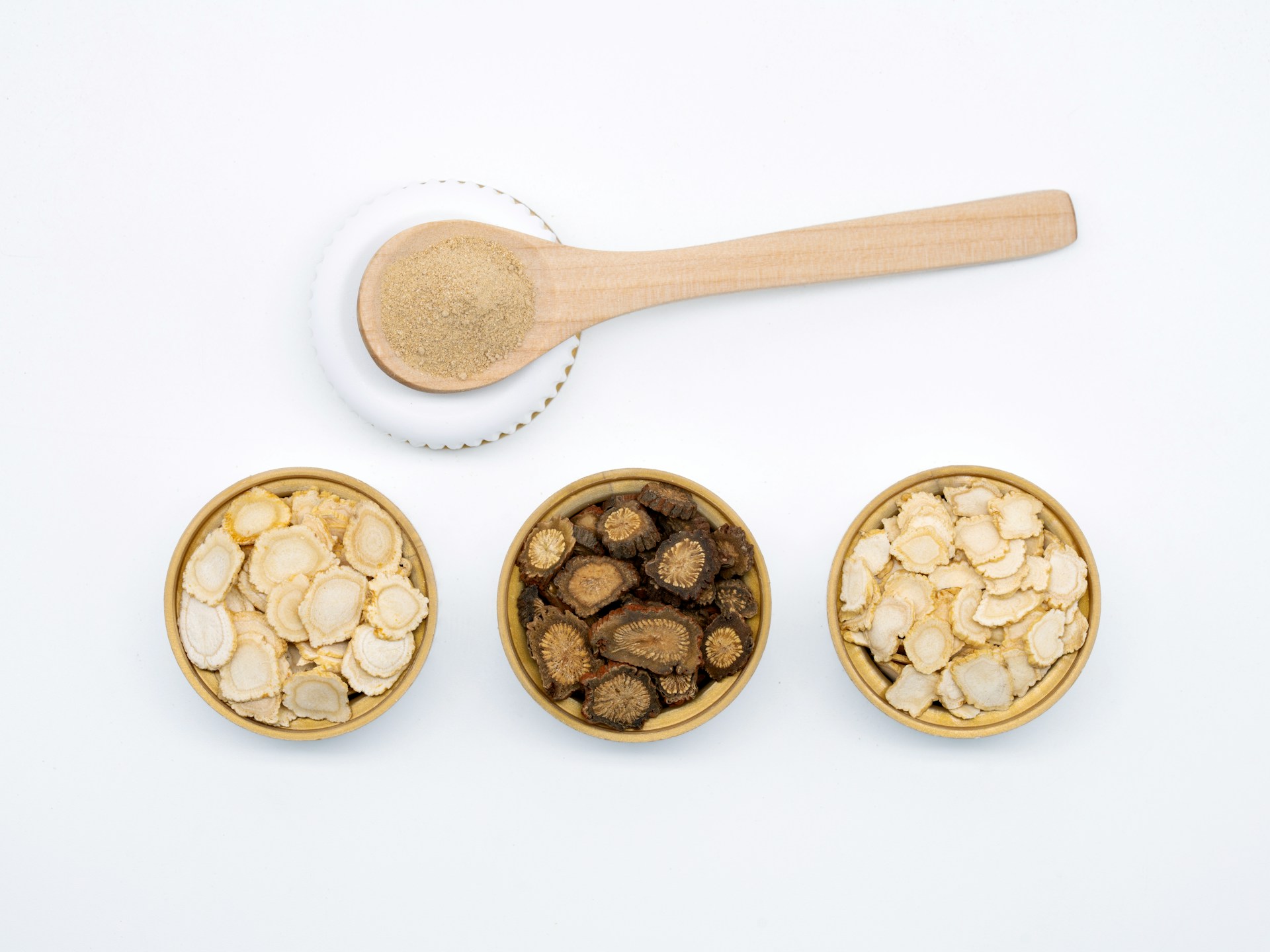Collagen is a naturally occurring protein that plays a key role in maintaining healthy skin, hair, nails, joints, and bones. Thanks to its wide availability and public endorsements, consumer interest has soared in recent years.
When shopping for supplements, it is vital to purchase them from trusted and accredited brands, such as Vida Glow Collagen, that can guarantee their products are safe for consumption. Conduct the necessary research to better educate yourself on products and companies to ensure you are making the best choice for your health.
What is Collagen?
Collagen is the most abundant protein in the human body and a key component of the skin. It is present in muscle tissues, skin layers, bones, tendons, muscles, and blood vessels, and it is crucial for developing and maintaining the skin’s structure and wound healing.
Although the level of collagen in our body naturally lowers as we age, low levels can occur with certain health conditions, including scurvy, which stems from a vitamin C deficiency; osteogenesis imperfecta, a genetic condition that causes bones to be weak and brittle; and Ehlers-Danlos syndrome, which occurs when the body is unable to produce collagen effectively, leading to a wide range of debilitating symptoms.
Collagen and the Skin
When collagen levels are high, the skin maintains a soft, smooth, firm, and hydrated appearance. This is because this powerful protein helps the cells in the skin to renew and repair themselves properly. Both the levels and quality of the collagen protein will affect the health and appearance of the skin.
As these levels decrease with age, the quality of the collagen in our body begins to reduce, leading to a loss of elasticity in the skin and other connective tissue, joint stiffness, and an increase in lines, wrinkles, and sagging skin.
Effective Strategies
Many people are looking for effective and sustainable ways to boost collagen levels in their skin and maintain a natural, youthful complexion.
Vitamin C
Vitamin C is crucial for the production of collagen. If you have insufficient levels of vitamin C, your body will not be able to reap the full rewards of this protein. Common food sources of vitamin C include strawberries, broccoli, citrus fruits, and red peppers.
Critically low levels of Vitamin C could result in a potentially serious condition known as scurvy. Symptoms include gum and skin issues and problems with wound healing. Because the body cannot naturally produce this vitamin, it is essential to get it through food sources or dietary supplements.
Hyaluronic Acid
Hyaluronic acid is a valuable compound that encourages and supports collagen production. Dermal fillers, which are used to reduce the appearance of lines and wrinkles, commonly contain hyaluronic acid.
A 2020 research study concluded that combining hyaluronic acid and a purified polynucleotide successfully increased the quality and amount of collagen in the skin, boosting its elasticity and improving its appearance.
When using hyaluronic acid, it is imperative to follow the instructions on the packaging to avoid unpleasant side effects such as swelling, bruising, itching, and pain.
Aloe Vera
Aloe vera gel has been used to heal and soothe wounds and burns for decades. This is primarily because the aloe vera plant increases collagen production when applied topically to the skin or taken as an oral supplement. This cell-stimulating property can work wonders in boosting collagen production.
In a 2015 study, scientists gave a test group an extract of aloe vera gel called Aloe sterols to be taken orally. After 8 weeks, researchers recorded that the participants who took the sterols had improved skin hydration, softened lines, and wrinkles, and almost doubled their hyaluronic acid and collagen levels.
Ginseng
The anti-aging effects of the Panax ginseng plant are well-documented. This natural product can be ingested or absorbed through the skin without causing adverse reactions that many chemical pharmaceuticals can cause. It can be used to help skin maintain its original structure and increase the amount of collagen in the bloodstream.
Furthermore, ginseng has anti-inflammatory and antioxidant properties, which can prevent skin cell aging. People can use ginseng in tea, concentrated herbal extracts, creams, and supplements.
Retinol
Retinol, a type of carotenoid and a derivative of vitamin A, is an antioxidant that can help boost skin health. Research suggests topical retinoids could help protect the skin from sunlight by preventing UV rays from breaking down collagen.
According to the American Academy of Dermatology, creams, lotions, and serums containing retinol can improve the texture and appearance of the skin. However, they do not penetrate deep enough to tighten loose and sagging skin and should not be used as an alternative to high-SPF sunscreen.
Red Light Therapy
Red light therapy, along with other dermatology-approved light therapies, may increase collagen growth and improve the appearance of wrinkles and general skin elasticity. A 2013 research article revealed that red light therapy could be a safe and easy way to boost collagen levels in the skin.
This was followed by a 2021 study in which researchers studied the effects of red light combined with near-infrared light on skin cells. The results showed that the combined approach stimulated the production of collagen and elastin. This improved production could aid in preventing wrinkles and other unwanted skin changes typically associated with aging.







